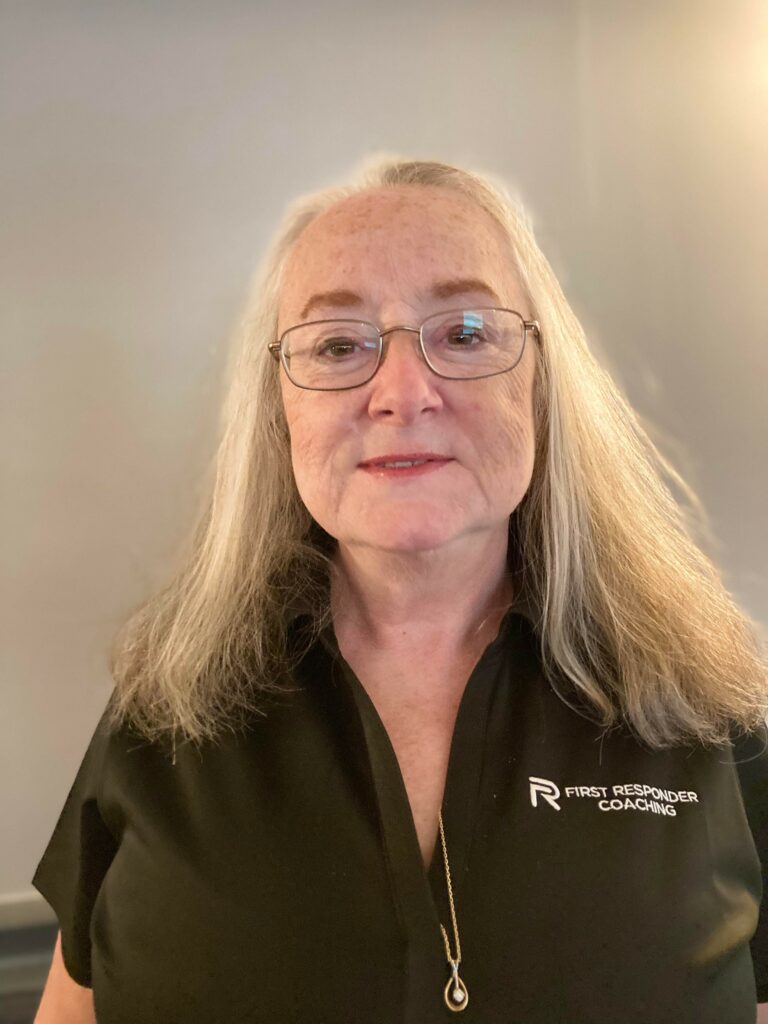We’ve been connecting and building for a while and things are starting to get big, Bigger, HUGE! We’d better start introducing ourselves! We are First Responder Coaching, first responders and family members who understand the job, the stress, the challenges, and the heartaches of first responder life. You probably knew that, but did you know who’s behind this whole endeavor? We’re going to throw a bio out every couple days to introduce the admin team. Everyone’s important to making this ship sail, so let’s continue introducing our leadership team.
Today, we’ll highlight:
Audrey LaBrie
What’s your role here at FRC?
I am the Chief Administrative Officer for FRC. I handle the company’s back-office functions.
What’s your connection to first responder life?
Jen Anderson, Founder and CEO of FRC, is my daughter. My husband and I saw first-hand what she and her family went through when her husband, Kevin, was diagnosed with PTSD. Jen struggled, both as a wife and a mother, to keep her family on an even keel. When she first came to us and told us how she wanted to take coaching and bring it to first responders, we couldn’t have been more proud. We’ve supported her in every we could, and it’s extremely gratifying to see how far FRC has come in under two years.
What’s your experience with coaching?
My formal experience with coaching begins and ends with FRC’s Coach Certification Class. I did work, for over 30 years, in the offices of Corporate America. Downsized over a decade ago, I brought my organizational and inter-personal skills to the local school system as a substitute teacher. The past five or six years, I worked as a Para-Educator at our high school in charge of the Academic Support class. In many ways, my work as a Para-Educator mirrors the work of a coach, asking questions and guiding people to find the answers themselves.
How did your journey bring you to FRC?
(See above paragraphs.)
What are hopes and aspirations as an FRC team member?
My hope is that the first responder community will soon come to recognize and embrace the fact that caring for the mental health of their members is just as important, if not more so, than the physical health of their members. All the access in the world to physical care (gyms, work-out equipment, etc.) is useless unless the mental feelings of depression and despair are first recognized and addressed.
